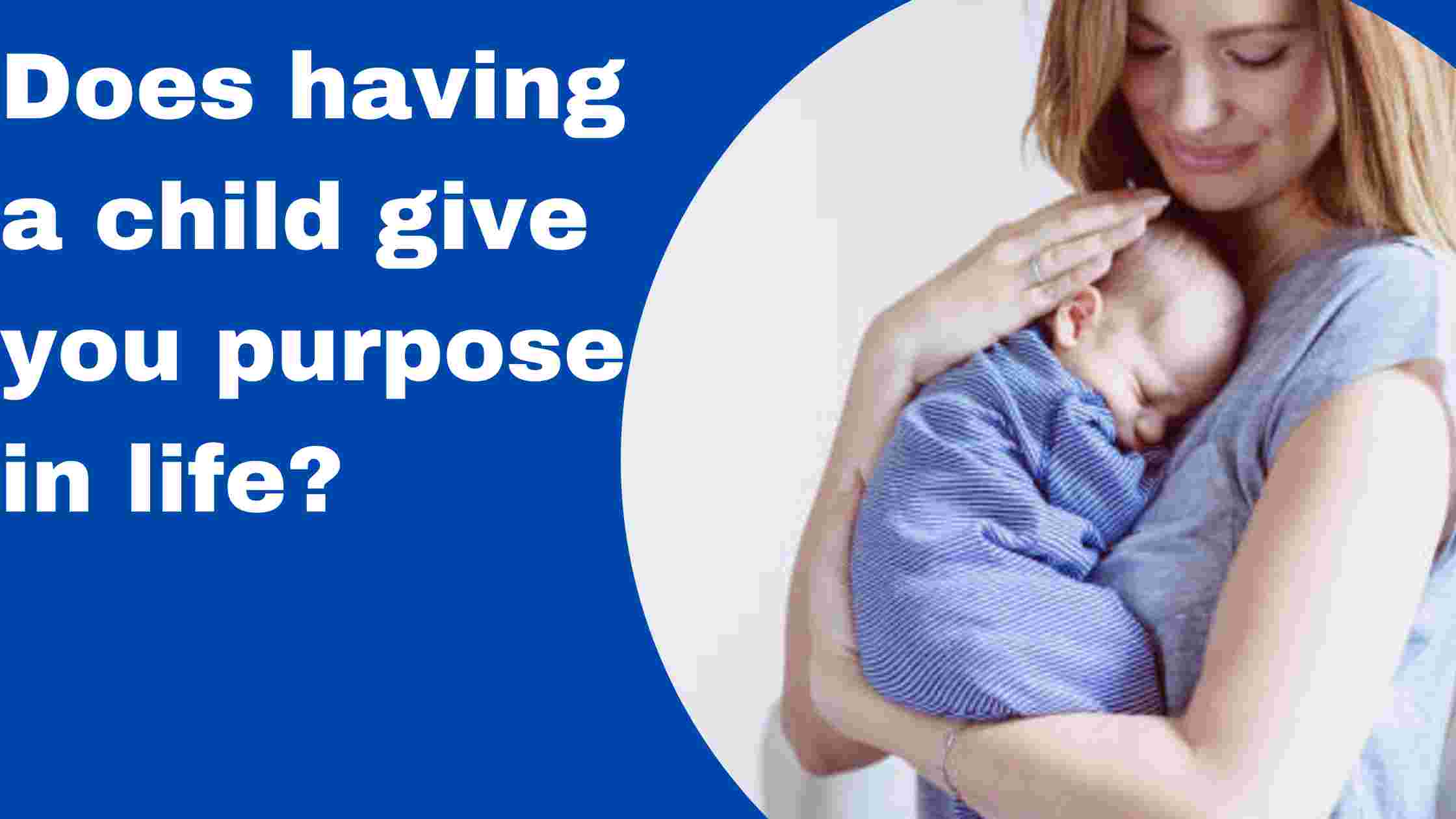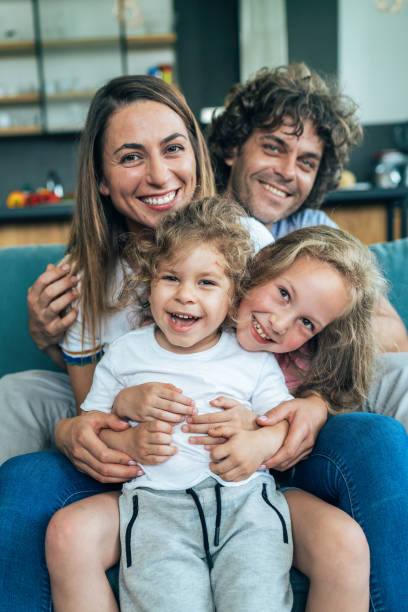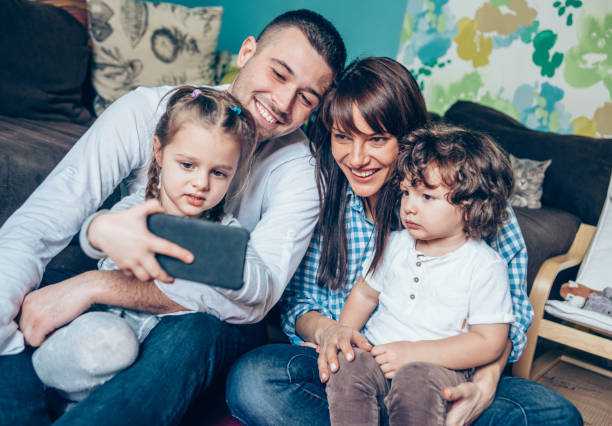One of the questions that people usually ask is, “Does having a child give you purpose in life?” It might be positive or negative, based on the circumstances and the individual asking the question.
For those who find it difficult to express interest in things, finding a purpose in life can be challenging.
If your professional life has been routine and you haven’t had many exciting experiences, it may feel like you’re slowly losing your sense of purpose in life.
However, some people might think that having a child is what really makes them successful in life.
They feel that their child has become the most important part of their life. In order to better care for their child, they now act more responsibly, behave more maturely, and take better care of themselves.
However, thinking about having a child just to make your life more meaningful can be dangerous.
This article focuses on various takes on how having a child can influence one’s sense of purpose, taking into account both the significant benefits and difficulties associated with raising the next generation.
Does having a child give you purpose in life?
Keep in mind that becoming a parent won’t instantly transform you into a different person. It will take time for you to change for the better.
Furthermore, it’s not unusual for parents to abuse their children—as demonstrated by the numerous instances of neglect, foster care, or abandonment we’ve witnessed across the nation.
You won’t make a good parent if your mentality isn’t prepared for having kids.
Child rearing in unsuitable conditions will result in challenging circumstances that will negatively affect the child’s future.
However, if the right conditions are met, having a child can enrich your life and teach you a lot of valuable lessons.
It can lead to a more fulfilled life, teach you to be more responsible, and undoubtedly enhance your current existence. You can’t just ignore the other things that might be going on in your life, though.
Having a child won’t solve your underlying issues if you truly don’t have anything that brings you joy or makes you want to wake up early.
Some people find that sense of purpose when they have a child. Here are a few reasons why:
1. Responsibility and Care:
Having to care for a child requires some amount of responsiblity so parents have something definite they can focus on.
Don’t miss:
2. Legacy:
People often derive meaning from raising their children because they pass on a piece of themselves, imparting what values knowledge or culture that have been passed down to them.
3. Love and Connection:
The intimate relationship parents have with their children can provide an overwhelming sense of satisfaction, pride and desire.
4. Parenting Journey:
Parenting can take you on a journey of personal growth as it often demands for new ways, patience and dealing with failures in different styles.
What is the purpose of having children?
The purpose of having children can vary greatly depending on individual beliefs, cultural backgrounds, and personal circumstances. Some common reasons people choose to have children:
1. Continuity and Legacy:
Many people view having children as a way to continue their family lineage and pass on values, traditions, and memories.
2. Personal Fulfillment:
For some, raising children brings a sense of purpose, joy, and fulfillment. Parenting can offer emotional rewards, personal growth, and a deep sense of connection.
3. Love and Relationships:
Children can strengthen the bond between partners and extend the circle of love within a family. The parent-child relationship can be one of the most profound connections a person experiences.
4. Cultural and Social Expectations:
Many societies place a high value on having children as a normal part of life. Some people have children because it is culturally or socially acceptable to do so.
5. Contribution to Society:
Many parents want their children to grow up to be responsible, competent individuals who make valuable contributions to society. To them, raising children is an investment in the future.
6. Companionship:
Children can provide a form of companionship and love so profound, it is unparalleled.
7. Raising Children:
as a source of personal development, learning and fulfillment.
8. Old Age Support:
In some cultures, children are viewed as a means of providing care and support for the elderly.
Does having children make your life better?
Children are expensive and basically ruin everything from your waist size to your social life, so whether they make things “better” depends on the eye of the beholder.
Whether having children makes life better can vary widely from person to person. For some, children bring immense joy, fulfillment, and a sense of purpose. For others, the challenges and responsibilities of parenting might outweigh the benefits. It often depends on personal values, circumstances, and expectations. What’s your perspective on this?
Below are some of the most common examples:
1. Emotional Fulfillment:
Many people find deep joy and satisfaction in raising children. The bond between parent and child can be incredibly rewarding, offering a sense of unconditional love and connection.
2. Purpose and Meaning:
Parenting can provide a strong sense of purpose and direction. It often encourages individuals to focus on values, long-term goals, and leaving a legacy.
3. Personal Growth:
Raising children can lead to significant personal growth. Parents often develop patience, resilience, and a greater capacity for empathy and understanding.
4. Social and Family Connections:
Children can strengthen family ties and create new social connections. Family gatherings and social interactions often revolve around children, enhancing social networks.
5. Challenges and Stress:
Parenting can also be stressful and demanding. It involves financial costs, time commitments, and emotional challenges. Balancing parenting with other aspects of life can be difficult.
6. Impact on Relationships:
Parenting can affect relationships, both positively and negatively. It might bring partners closer together or, conversely, create strains in a relationship due to differing parenting styles or pressures.
7. Lifestyle Changes:
Having children often leads to changes in lifestyle, including adjustments to daily routines, career plans, and personal freedoms. Some people find these changes enriching, while others might feel restricted.
How can having a child impact your life?
Having a child will change your life quite literally:
1. Time and Energy:
Parenting is time consuming and life changing often cutting into the amount of personal time you have to devote to your favorite hobbies, out with friends or just relaxing.
2. Financial Obligations:
Kids can be a drain on your resources. Think health care, school fees including all those uniforms and sports shoes, clothes AND of course babysitters.
3. Change of Work:
To some parents this may mean that they will adjust their work schedules, prefer to take time off or even consider a change in careers.
4. Emotional Changes:
For all of the joy and fulfillment a child can bring, he or she also comes with added stress, anxiety-even frustration. This strengthens family emotional connections.
5. Lifestyle change:
The change of lifestyle which changes your daily routine till the possible end, as well to adjust about sleeping cycle, meal planning should be adjustments accordingly.
6. Relationships:
The dynamics of your relationship with your partner, family, and friends may change, as you balance the new responsibilities of parenting with maintaining these relationships.
7. Personal Growth:
Many parents find that raising a child helps them develop patience, empathy, and a deeper sense of purpose.
8. Health and Well-being:
Parenting can impact your physical health, both positively and negatively, depending on how well you manage stress and self-care.
To sum up, having a child can, in fact, give many people a strong sense of purpose because it creates lifelong relationships and responsibilities. It’s important to understand that there are many different ways to find fulfillment and significance in life, even though the sense of purpose that comes with being a parent varies greatly.












